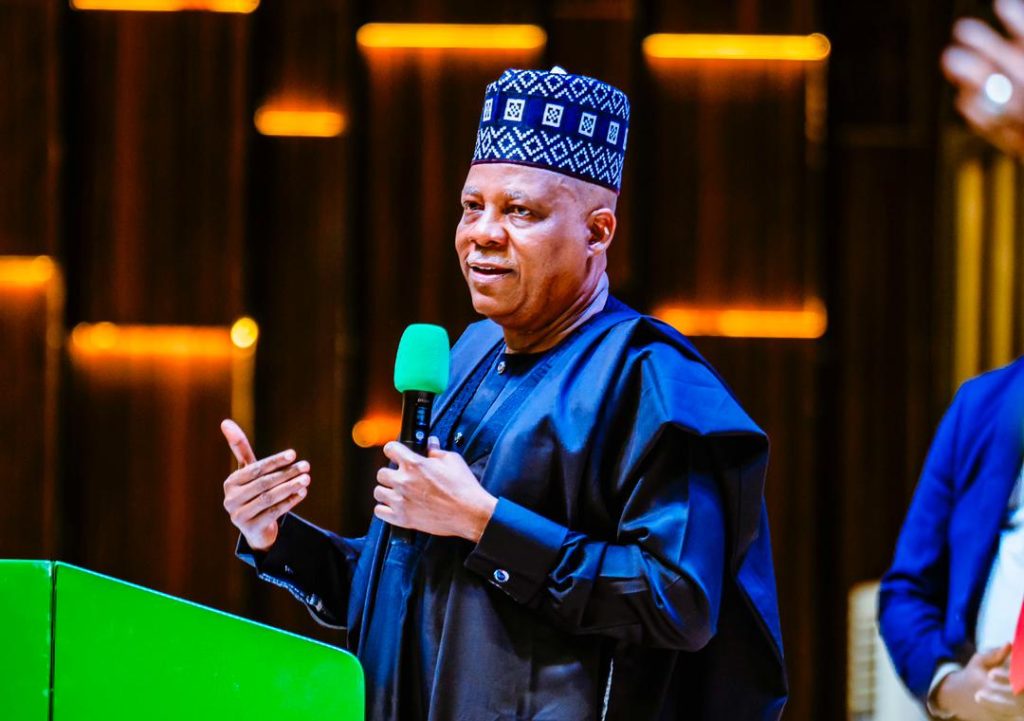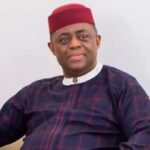
Vice-President Kashim Shettima says Nigeria has exited its phase of economic instability and is now positioned as an attractive destination for global investors.
Speaking on Wednesday at the Bauchi Investment Summit 2025, Shettima said the administration of President Bola Tinubu has stabilised the economy through difficult but necessary reforms.
He said when the Tinubu administration assumed office in 2023, Nigeria’s debt service-to-revenue ratio was about 100 percent, pushing the economy to the brink.
His words: “Today, our debt service-to-revenue ratio has dropped to less than 50 percent, while GDP growth stands at 4.23 percent.
“Our non-oil revenues grew by 411 percent year-on-year as of last month, and our tax-to-GDP ratio now stands at 13.5 percent, up from barely 7 percent a few years ago.
“Our debt-to-GDP ratio remains at 38.8 percent — far below the fiscal threshold — and external reserves have grown to $43 billion as of September 2025.”
The vice-president said Nigeria’s improved fiscal performance reflects the government’s resolve to eliminate structural bottlenecks and foster economic resilience.
“You cannot guarantee enduring growth without stability. It was this conviction that inspired our bold reforms to harmonise the exchange rate regime and dismantle the fuel subsidy structure, which had become an avenue for rent-seeking and corruption,” he stated.
Shettima added that the administration’s priorities include job creation, food security, value-chain development, and harnessing the economic potential of subnational governments.
He said Bauchi State has the capacity to drive investments in agriculture, solid minerals, renewable energy, and tourism through its abundant resources and strategic location.
“The federal government remains resolute in ensuring security across the nation because no economy can thrive where fear replaces freedom,” he said.
The vice-president commended Governor Bala Mohammed for hosting the investment summit, describing it as a model for subnational economic renewal.
He urged participants to “move beyond talk and commit to concrete memoranda of understanding, set timelines, and appoint implementation teams” to ensure tangible results.
The article was originally published on Politics Nigeria.


